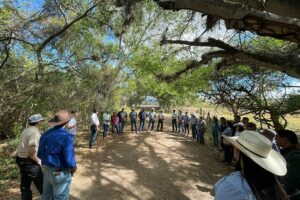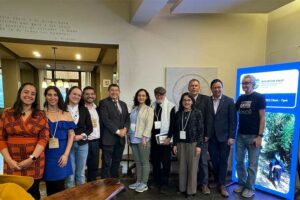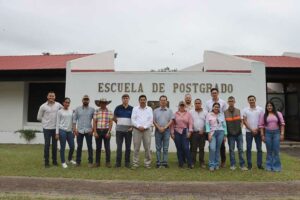Conserving the Environment through Loans Can Be a Great Option for Countries
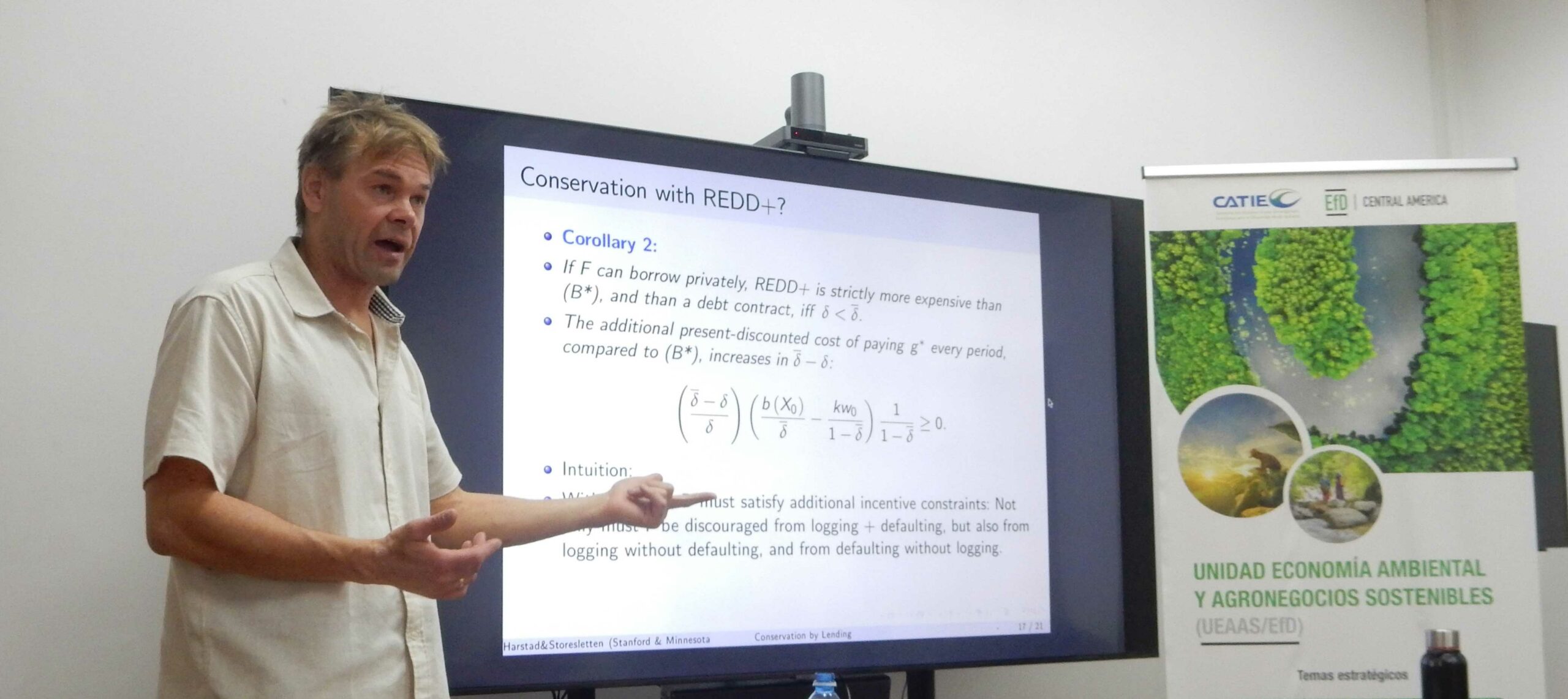
- Stanford University Professor Bård Harstad shared the research results of "Conservation by Lending" during the latest EfD seminar held at CATIE, offering an alternative alongside REDD+ mechanisms or ecosystem services payment schemes.
January 29, 2024. Motivating a resource owner, potentially a government, to conserve natural resources at the lowest cost was a key focus of the analysis presented by Bård Harstad, from Stanford University and Professor Kjeitl Storesletten from the University of Minnesota during the EfD seminar organized in early January by the Environmental Economics and Sustainable Agribusiness Unit (UEAAS/EfD), of the Tropical Agricultural Research and Higher Education Center (CATIE).
Harstad, an economics professor, explained that the term "conservation by lending" refers to a loan granted to a government, with the contract specifying that the loan must be repaid with interest if forest coverage decreases. However, the interest rates must be so high that the government prefers conservation, meaning that with conservation, the loan will never have to be repaid.
According to Harstad, the application of this economic instrument can enable the conservation of forests and biodiversity, ensuring such conservation even with a change in government.
"Conservation by lending will allow the current government to tie the hands of future governments with a less conservation-minded vision," stated Harstad. "This is because the loan and accumulated interest will make it very expensive for future governments to allow deforestation, as repayment cannot occur before, only if deforestation happens," added the researcher.
Currently, available mechanisms such as REDD+ and Payments for Ecosystem Services (PES) have been implemented in various countries in Latin America and the Caribbean, where CATIE is present. However, Harstad mentioned that their research demonstrated that conservation by lending leads to greater conservation per dollar.
"It is more effective and less expensive than traditional REDD+ and PES," shared the Stanford University professor.
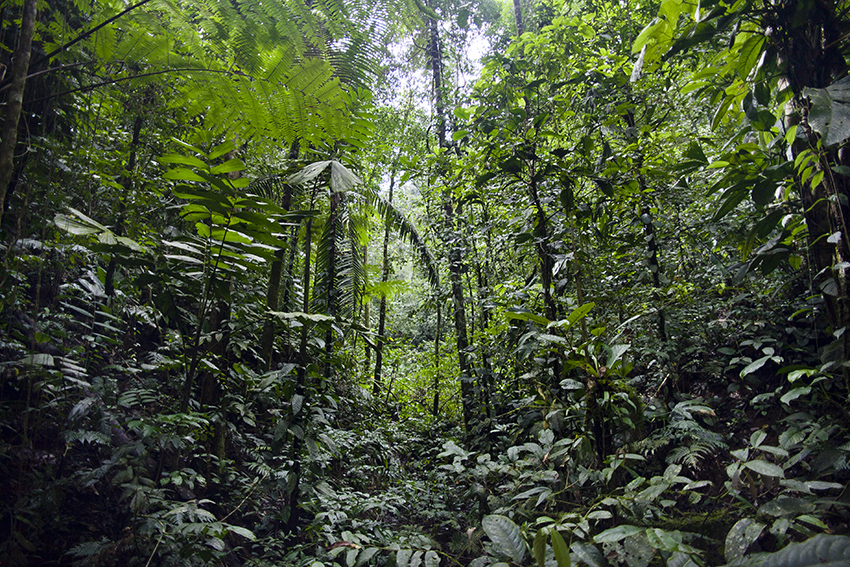
About EfD seminars
Seminars EfD are a communication activity that resumed at CATIE in 2023 as part of an initiative by UEAAS/EfD to share advances or research results contributing to learning, knowledge exchange, and networking.
For those interested in reading more about this research, you can access the preliminary version currently under review: Conservation by Lending
More information:
Pablo Evia
Researcher and Coordinator of the collaborative SCOPE program
Unit for Environmental Economics and Sustainable Agribusiness (UEAAS/EfD)
CATIE
Pablo.evia@catie.ac.cr
Written by:
Marianela Argüello L.
Communication and Knowledge Management Officer
Unit for Environmental Economics and Sustainable Agribusiness (UEAAS/EfD)
CATIE
marguello@catie.ac.cr
Tag:bosque, conservación, préstamo

